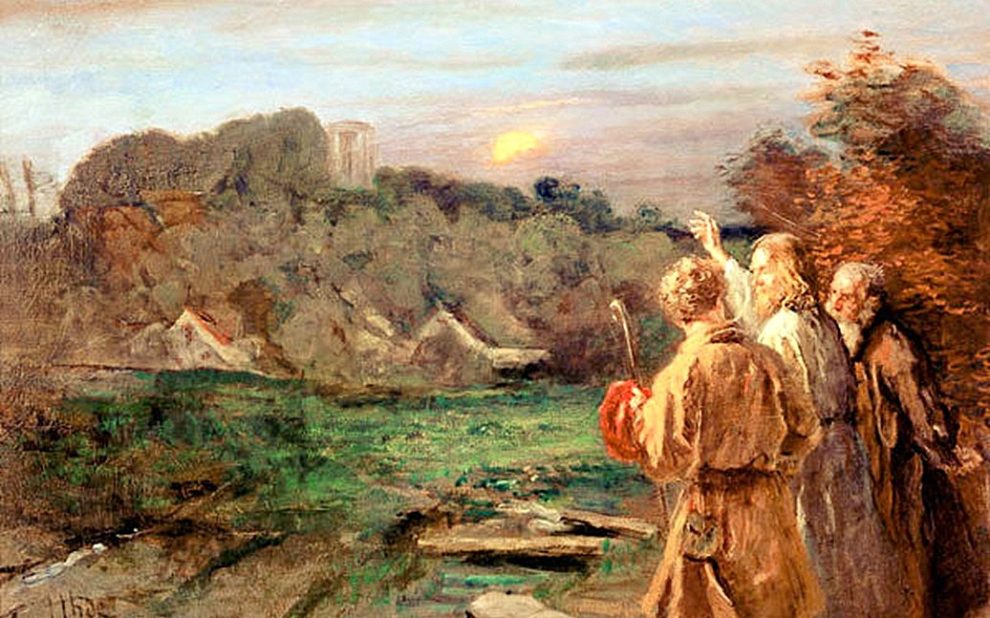“There is no place for ideology in the synod. It’s another dynamic. The synod is dialogue between baptised people in the name of the church, on the life of the church, on dialogue with the world, on the problems that affect humanity today. But when you think along an ideological path, the synod ends.” (Remarks on the papal plane, September 4, 2023)
I am someone who loves a plan. As a child, my mother caught me writing lists on household bills, and my father frequently had to intervene during elaborate schemes I foisted onto my siblings. I have individual digital calendars assigned to each of my children and shared in the cloud with my husband. And I’ll be the first to admit I firmly believe that I am basically always right.
For these, and many other human reasons, Pope Francis’ call to let go of ideology and practice synodality was a serious challenge for me. Synodality does not need a plan or a list. It is a dialogue that requires listening to others in order to hear the whispered wisdom of the Holy Spirit.
That mutual exchange requires the humility to see the divine belovedness in others and leave room for changes to my plan. It asks me to look at the world’s problems and look for the Lord in their midst instead of making a list of solutions and steps to solve them. Synodality asks me to allow for the counterintuitive and surprising, because I must admit that the only plan that matters belongs to God.
But in this challenge, Pope Francis also affirms my dignity as a member of the body of Christ. Practicing synodality makes baptism the prerequisite for engaging in discernment about God’s plan for the church rather than just episcopal ordination.
It helps me understand that my voice is essential for helping the successors of the apostles understand the concerns of laypeople, even those who feel disinterested in or alienated from the church. As a woman, especially, it gives me hope that women’s experiences, wisdom, and contributions are not overlooked or undervalued by clericalism and sexism.
What I am most grateful for, however, is how Pope Francis’ commitment to synodality resets how I envision God’s self-revelation. By practicing the humility and mutuality required to engage in dialogue, I have remembered that the community is the primary place where God’s revelation happens. This is true of Israel as a covenant community and true of the church.
By asking us to practice synodality, Pope Francis asked the church to be a sacrament of Christ—a visible sign of his presence in the world, full of many different parts that are all necessary for its functioning and to remain united with its head.
Pope Francis’ commitment to synodality allowed me to see a brief glimpse of the incarnated mystical body of Christ and how necessary I am to that body. Through synodality, I remembered that I was chosen by God to be eternally bound to my savior, who prizes me exactly for who I am.
And if who I am is a person who loves a plan, Jesus knows that about me. I’m guessing it’s already accounted for in God’s plan, which is, after all, the best one around. I am especially grateful today that Pope Francis was a part of that plan, too.
This article also appears in the July 2025 issue of U.S. Catholic (Vol. 90, No. 7, pages 16-21). Click here to subscribe to the magazine.
Image: Wikimedia Commons














Add comment